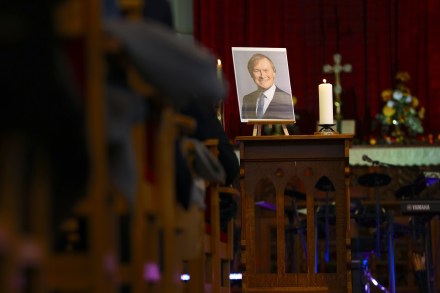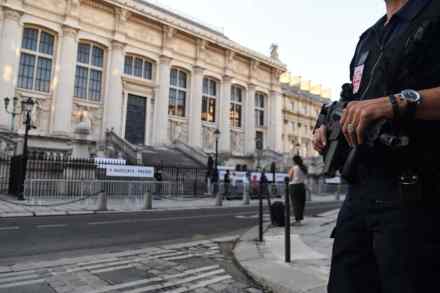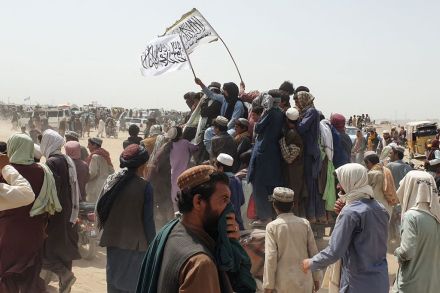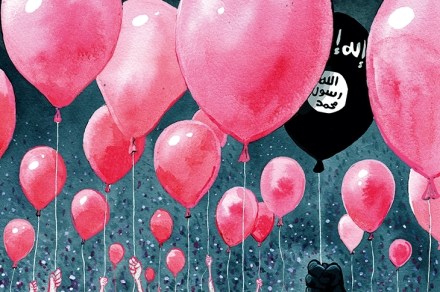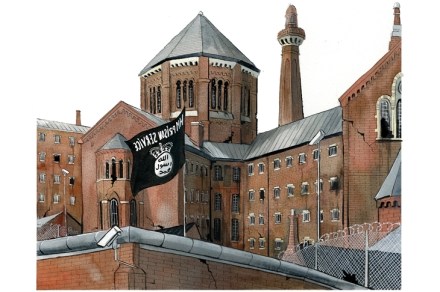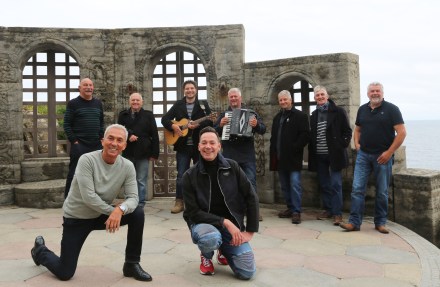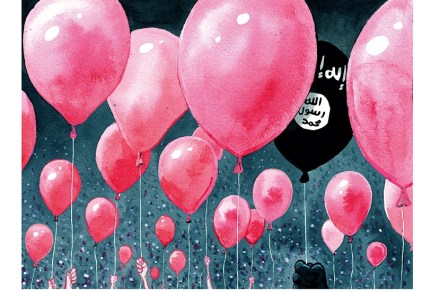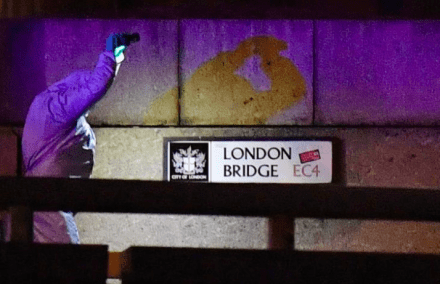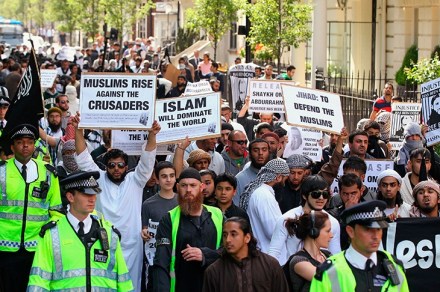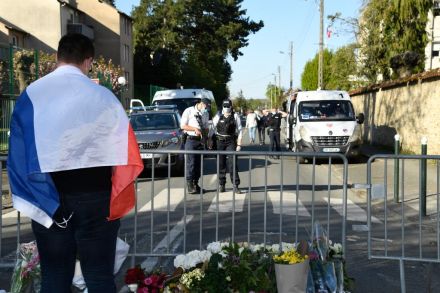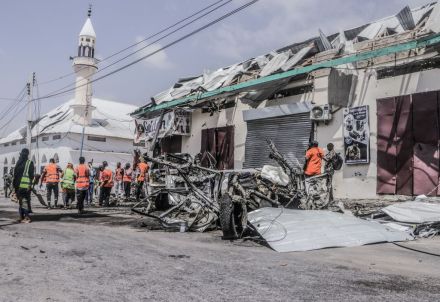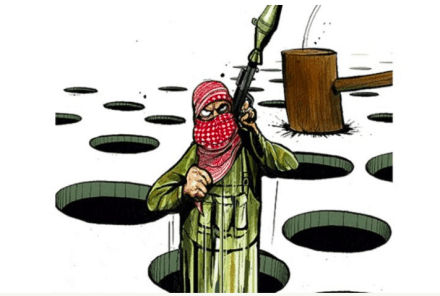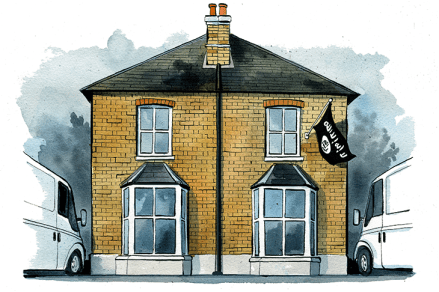Free speech didn’t kill David Amess
Every decent person was horrified by the senseless slaying of David Amess. And everyone will want to know what can be done to prevent similar atrocities from occurring in the future. But I fear that in the haze of anger and concern that has descended on the country following Amess’s death, we are coming to some questionable conclusions about the causes of such violence, and coming up with some iffy ideas for how to ensure that such a horrific attack on a public servant never happens again. Right now, the finger of blame is primarily pointed at the shouty, divisive nature of political discourse in the 21st century. The horror
